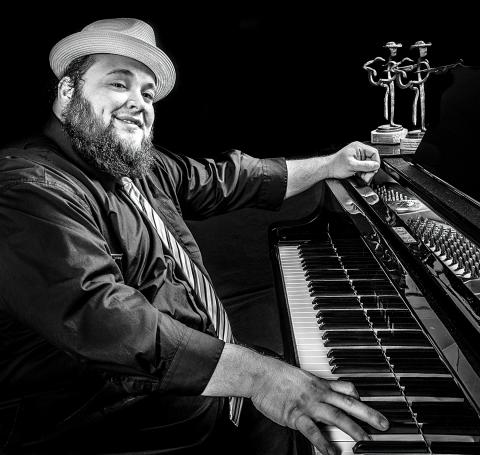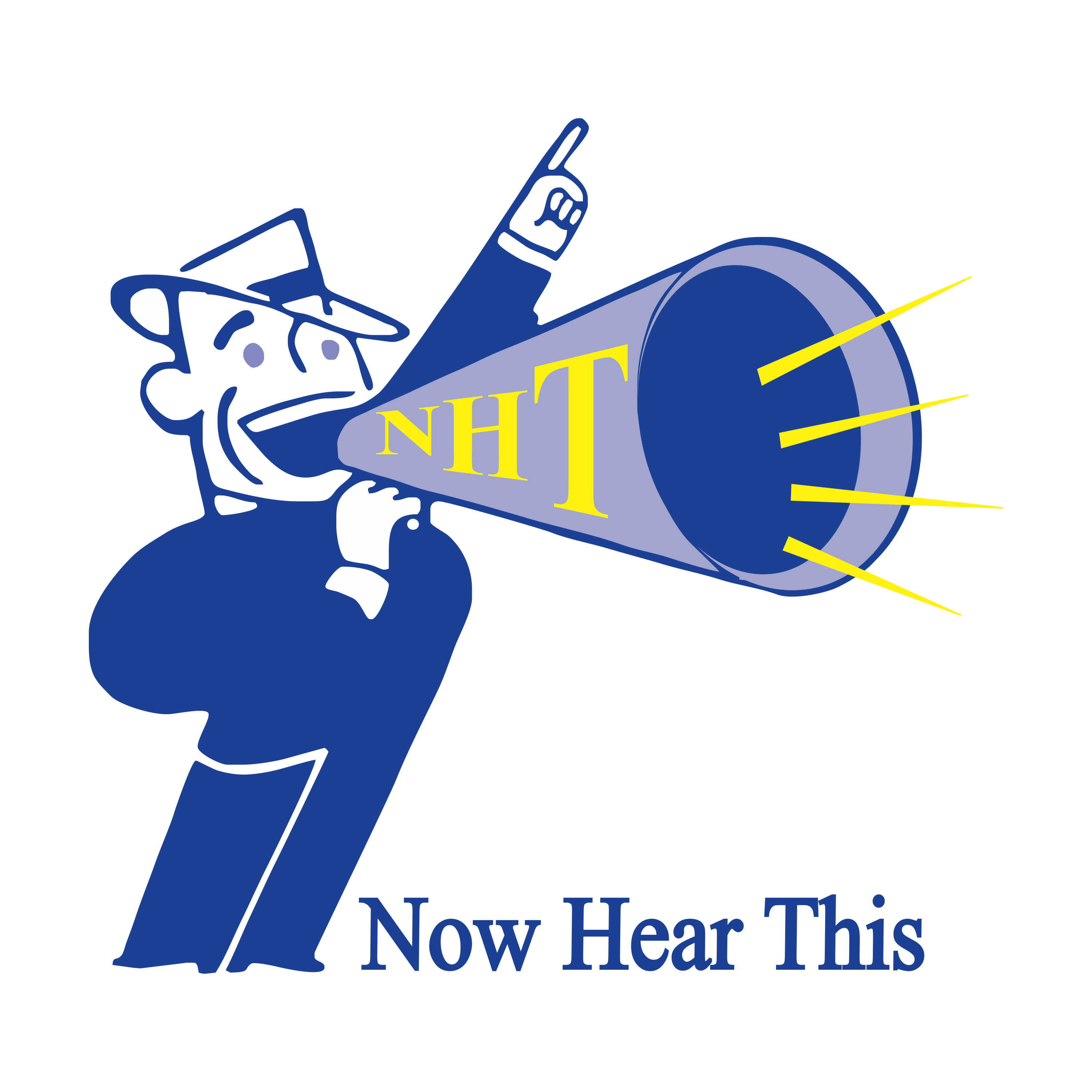
A two-time Pinetop Perkins Piano Player of the Year, the Memphis-based singer/songwriter talks about his brand new album, he talks of the recent passing of B.B. King and how the two of them – while playing on the same bills together – shared a love of flying planes, and Wainwright tells of the formula that allows him to play three times as many shows a year. All that plus other insights from this maker of blues, roots music, and boogie woogie.
“…the sole purpose and focus being on creating music that pushes the boundaries and welcomes those outside of the normal blues circle to step inside with us. We’re not too interested in crossing over. We’re interested in bringing people to our side and into our world that we call roots music and blues music and boogie woogie.”
“What we’re trying to do is create something that would be a platform for myself and the band to entertain from.”
“We like to go in and create a story and take a lot of time with our lyrics. We’re very proud of that sort of approach. That takes time.”
“Play with people that you like as people; that you enjoy to be around, that you are friends with. Versus, trying to find someone that’s insanely talented, that’s the best guitar player or the best drummer or the best bass player. The reason being is if you like that person you’re going to stay with ‘em probably a really long time and they can grow with you. Now it is important to play with people that are – I always say that are better than you so that you yourself get better – but luckily for me I found guys that are not only better than me, but also people, and most importantly, that I enjoy being around.”
“If I go out and play the Big Blues Bender as Southern Hospitality, next year I can’t go and do that again. But I can do it as the Wildroots. And so, Southern Hospitality and the Wildroots or Damon Fowler Group or JP Soars Band, it’s going to always offer us an opportunity to work more than if we were just doing it by ourselves and just concentrating on just our bands. What happens is we’re able to play these festivals multiple times and get out there more.”
“We’re not playing the same type of venue over and over again. We’re doing different things like workshops and theaters and festivals and your average juke joints and clubs, blues venues, and I think that’s where the most rewarding experience comes. The people that come see us at a festival are often times the same people that see us in clubs and in theaters. But sometimes the people that are in clubs, your juke joints and your honky tonks – they don’t make it out to your festivals and theaters and they’re a different type of audience, it’s a different atmosphere, it’s a different feeling for everyone. So those experiences are varied in a beautiful, wonderful way.”
“Wearing as many hats as you can and being comfortable while doing so is very very important.”
“It’s important that we all as blues musicians, or someone who’s interested in getting into the music business, have a few hats. Ya’ know, wear a couple hats. Don’t be afraid to branch out and show off your talents a little bit.”
“One of my biggest jobs, quote unquote, is to ensure that my band and myself never feel like we’re really having to, quote unquote, work. When we’re at a beautiful theater and everything’s just right, I don’t wanna be spending too much time thinking about, ‘Well what songs are we gonna play and how does that ending go and how are we gonna do this or we gotta load out real quick tonight ‘cause we gotta be in Kansas tomorrow.’ These things can become very overwhelming very quickly for a band where the night that you are at that amazing venue you don’t appreciate it as much because you’re thinking too much about other things.”
"Boom Town"
"When the Day is Done"
